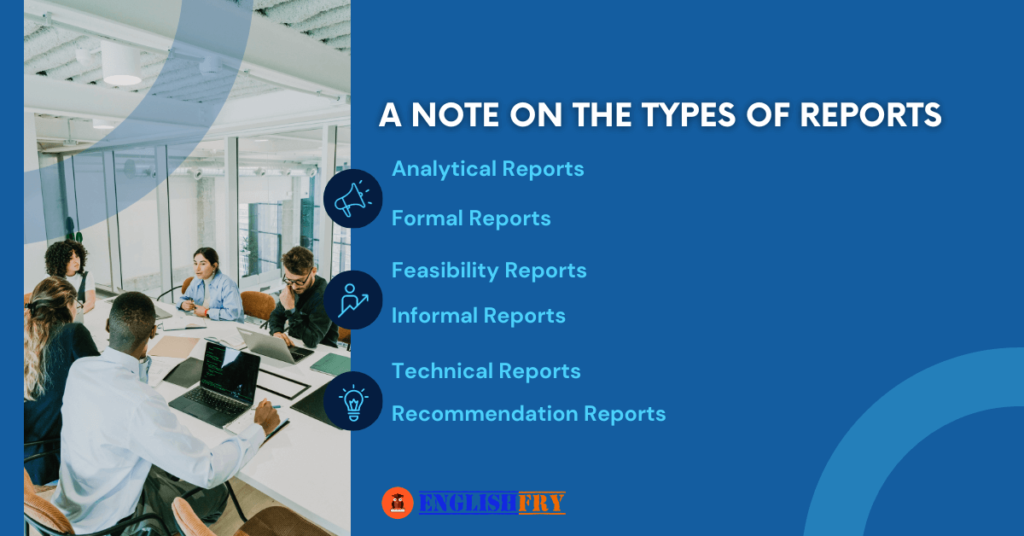In the business world, reports are an essential part of communication. Reports are used to convey information, present findings, and make recommendations. There are various types of reports, and each has its specific purpose and audience. In this blog post, we will discuss the different types of reports and their characteristics.
Formal Reports
Formal reports are the most common form of record used in business. These reviews are written in a proper tone and are established in a specific format. They are commonly long and specified, containing sections that include an executive summary, advent, technique, findings, conclusions, and recommendations. Formal reports are regularly used to give studies, examine records, and make pointers to control customers.
Informal Reports
Informal reviews are much less established and less formal than formal reviews. They are normally shorter and extra concise and are used to bring data quickly and efficiently. Informal reports are often used for inner verbal exchange inside an employer, such as a progress report on an undertaking or a precis of a meeting.
Analytical Reports
Analytical reports are used to offer findings and conclusions based on statistical analysis. These reviews are frequently utilized in scientific research, market research, or financial analysis. Analytical reviews are structured with a selected layout, consisting of an introduction, background, methodology, findings, conclusions, and hints. The consciousness of analytical reviews is to offer goal information, often using charts, graphs, and different visual aids to bring records.
Feasibility Reports
Feasibility reviews are used to assess the viability of a project or idea. These reviews are used to decide if an undertaking is viable or if it has to be abandoned. Feasibility reports incorporate an executive precis, introduction, historical past, technique, findings, conclusions, and recommendations. They are frequently utilized in enterprise planning and are beneficial for entrepreneurs trying to begin a new commercial enterprise or launch a brand-new product.
Progress Reports
Progress reports are used to replace stakeholders on the reputation of a venture. These reviews are frequently utilized in venture control to talk about the progress of a mission to group participants, management, and clients. Progress reviews are usually quick and concise, offering an overview of the assignment repute, milestones, and challenges.
Technical Reports
Technical reviews are used to provide technical facts and findings. These reports are regularly utilized in engineering, technological know-how, and other technical fields. Technical reviews are enormously dependent, containing sections that include a govt summary, advent, historical past, method, findings, conclusions, and suggestions. They are regularly written for a technical target market and use specialized terminology and language.
Recommendation Reports
Recommendation reviews are used to offer suggestions to management or clients. These reviews are often utilized in consulting or advisory roles, in which the file creator is asked to provide answers to a selected problem. Recommendation reports incorporate an executive precis, advent, heritage, technique, findings, conclusions, and tips. They are often written persuasively and include particular reasons for the advocated answers.
In the end, reports are an essential part of the conversation within the commercial enterprise world. There are various types of reviews, and each has its specific cause and target audience. Formal reviews are the maximum commonplace form of record used in business, followed with the aid of informal reviews, analytical reports, feasibility reports, progress reports, technical reviews, and recommendation reviews. Understanding the characteristics and reason for each sort of record is important for powerful verbal exchange within the business globally. By mastering the art of report writing, you can convey information, present findings, and make recommendations with clarity and impact.







